Blackmail has become a major weapon
One wonders whether the founding fathers of the community would recognize their ideas in today's European Union. The original plan was to create peace and prosperity through the cooperation of member states that have equal rights. Today, however, the community shows an entirely different picture, as Brussels wants to manage it as a single, centralized machine. By withholding financial resources and withdrawing other rights, the EU's leading Brusselites are using their power to exert pressure on states whose governments think differently and have different values than those of the leftist-liberal mainstream. Nezopont Institute analyst Balint Rotyis told our paper that at the time of its creation,
decision-makers recognized that common institutions would also link the economies of European nations, and thus create prosperity on the continent. So these common institutions were designed to work together to unite and represent the interests of the member states. The EU's institutions weren't empowered to interfere in the internal political processes of member states, let alone use their powers to cause damage to a member state simply because its government or population don't share the current mainstream view on a particular issue.
France and Germany turning a blind eye
Large member states preach water and drink wine when they try to forcefully change the laws of smaller member states, despite the fact that similar laws prevail in their own countries. This is how Brussels has blackmailed the Hungarian and Polish governments, for example, by making various binding recommendations on the disbursement of EU funds to the two countries. Meanwhile, in Germany and France, corruption scandals within the government and the judiciary - which is far from being independent - are ignored. Balint Rotyis told us that
Jean-Claude Juncker, the former president of the Commission, was once asked why he was so lenient on France's lax fiscal policy. 'Because that's France,' he replied.
Unfortunately, this kind of hypocrisy was not only characteristic of Mr Juncker, but it is also part of a daily practice at EU institutions, the analyst added. Brussels often accuses Hungary of a lack of press freedom, while the reality is rather different. Let's cite as an example the National Media and Infocommunications Authority (NMHH), the body that controls and regulates the media, where the government only plays a role in nominating its president. The governments of Austria, Denmark, Ireland, the Netherlands and Sweden have a much larger influence on national media authorities than in Hungary.
Yet these member states are not subject to the kind of accusations that Hungary is. The two examples mentioned above perfectly illustrate the fact that Brussels' institutions are lenient and forgiving when it comes to old member states, but their attitude is completely different towards smaller and poorer Central European states that joined after 2004. The latter states are treated not only more strictly, but downright unfairly. This is a problem because, although it is customary in international politics that the strongest is right, in the EU the same rules should apply to everyone, whether it is France or Hungary,
Mr Rotyis told our paper.
Corruption rife in EU institutions
Left-wing and liberal parties and party families are rife with corruption, and skeletons kept falling out of the closet in recent months. In addition, some say the public can only see the tip of the iceberg. Despite this, Eva Kaili, who was arrested in the Brussels corruption scandal, and other suspects of the case can still come and go in EU institutions as they please, as if nothing had happened.
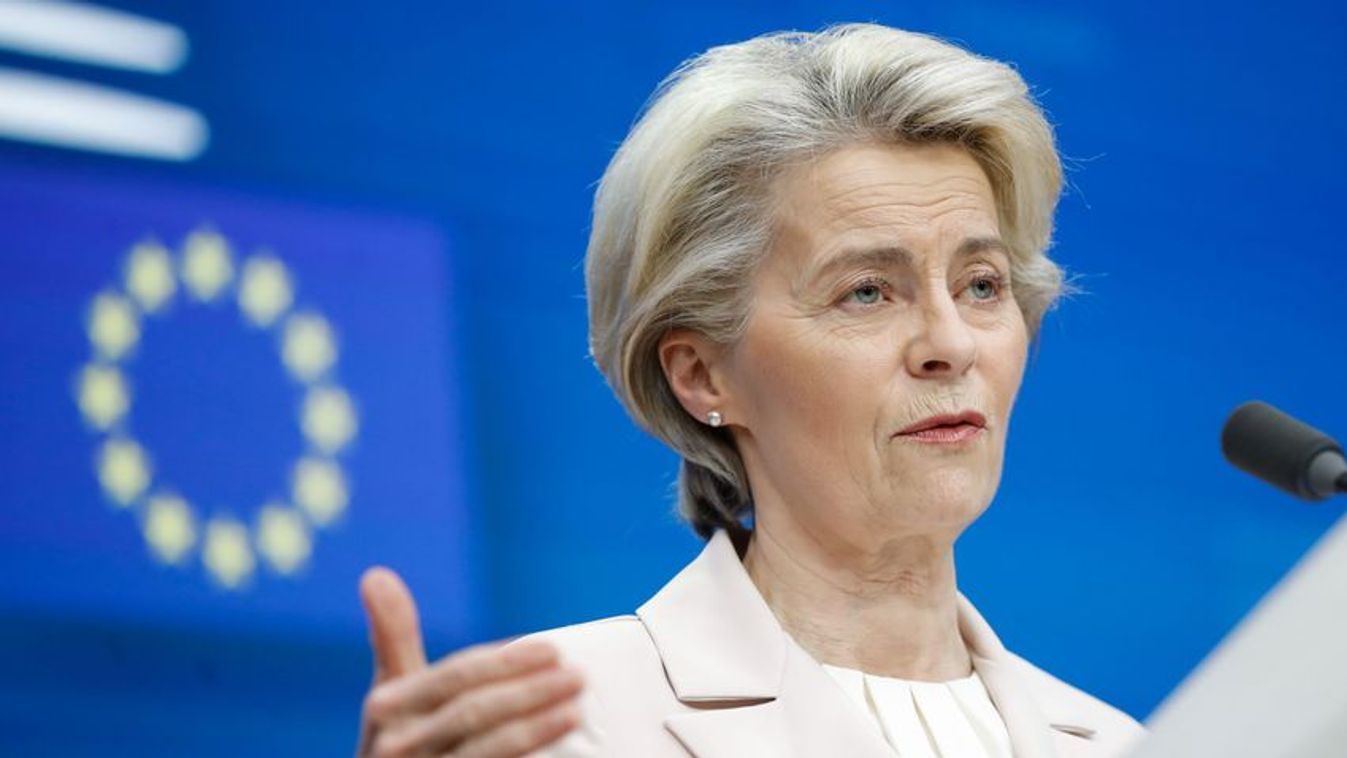
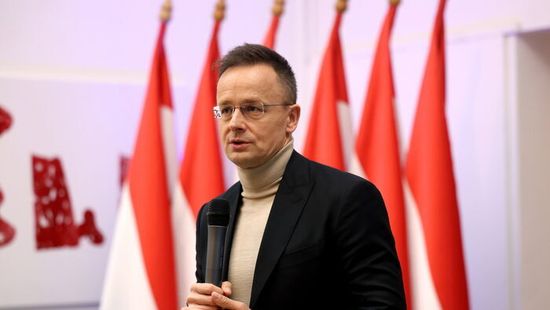


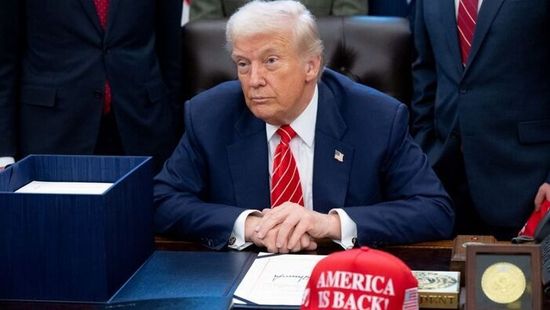



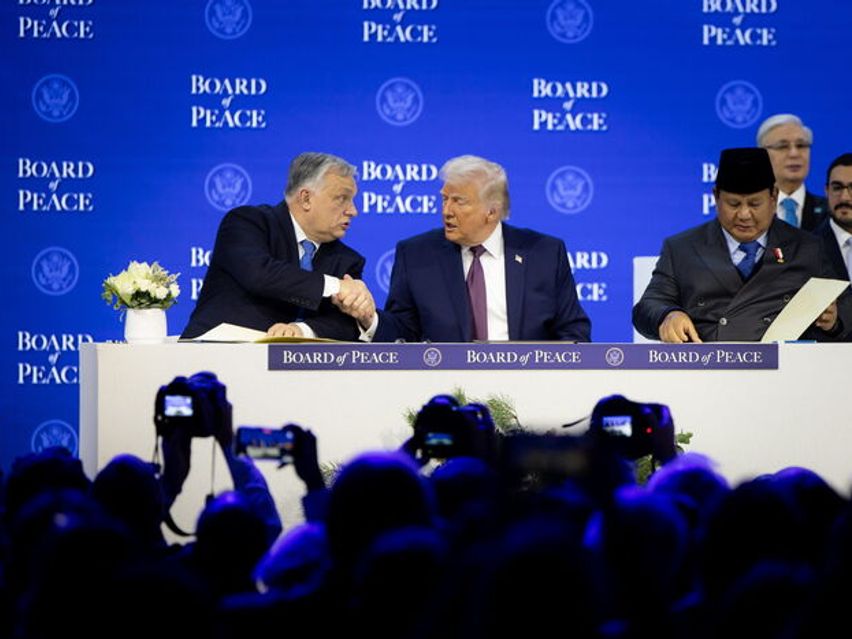



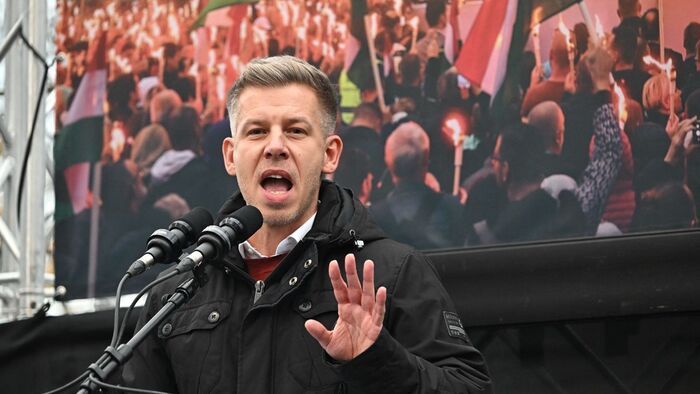
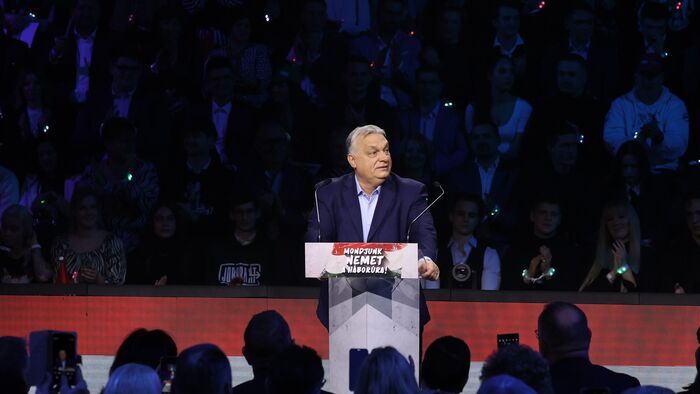



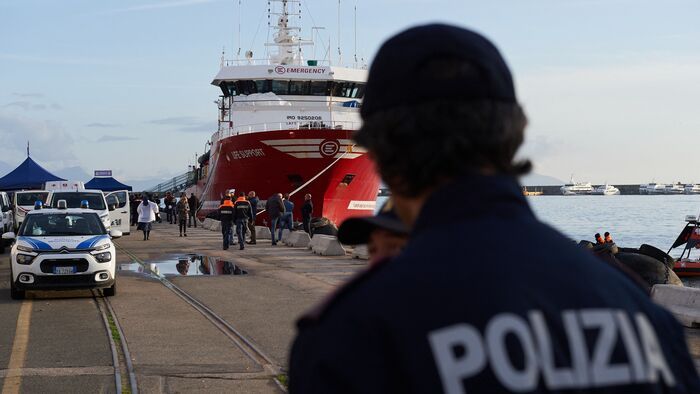



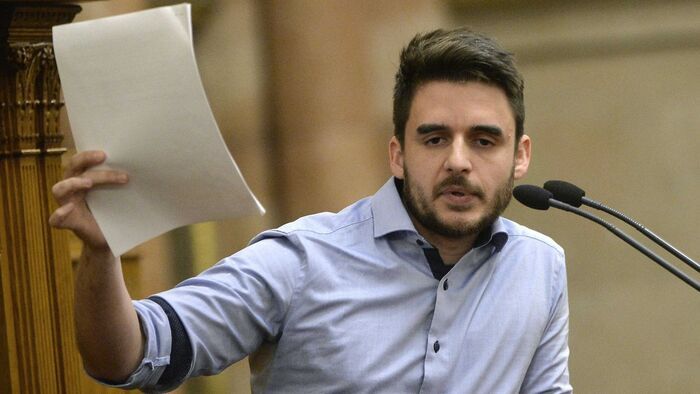

Szóljon hozzá!
Jelenleg csak a hozzászólások egy kis részét látja. Hozzászóláshoz és a további kommentek megtekintéséhez lépjen be, vagy regisztráljon!